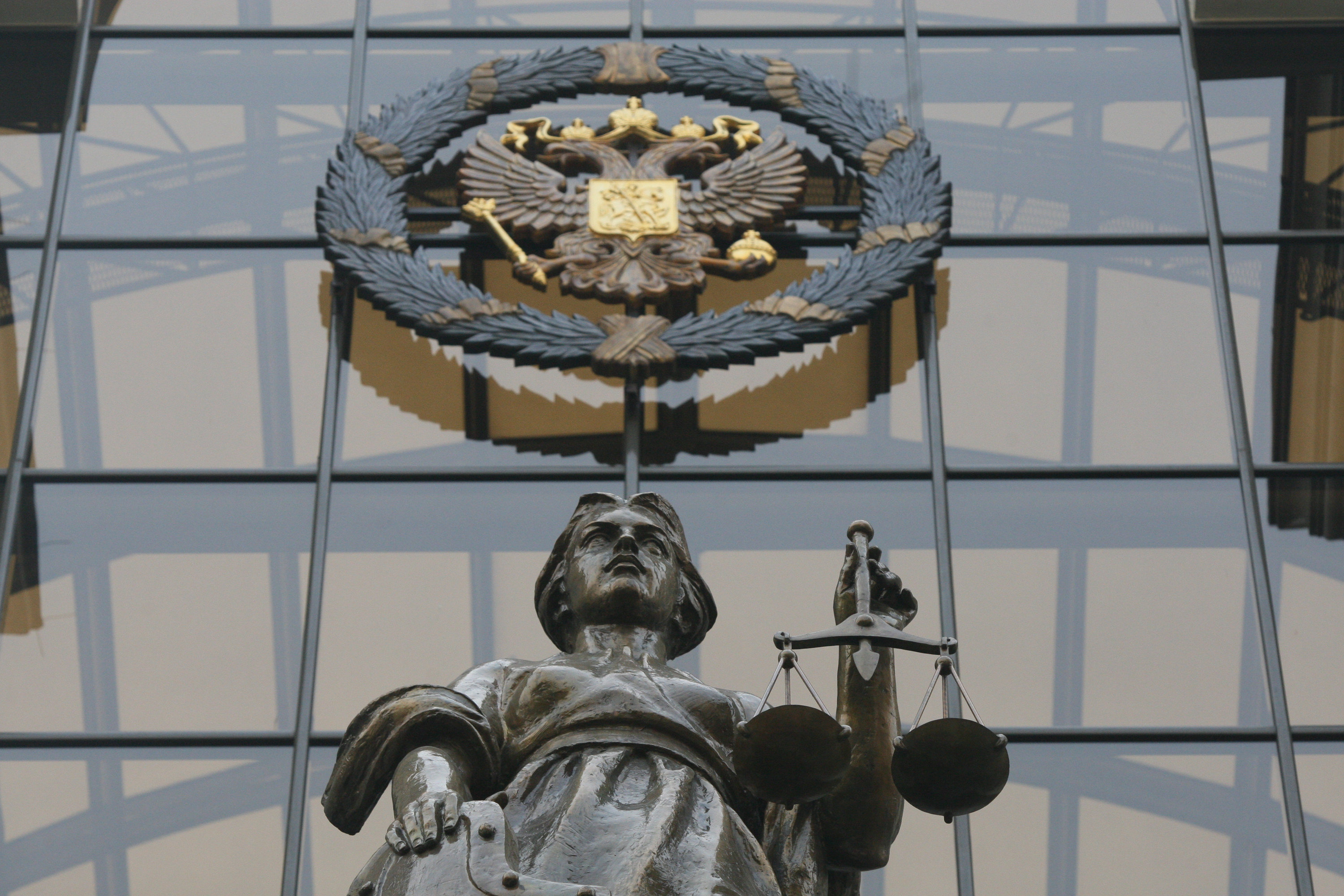MOSCOW, January 29 (RAPSI) - The Federation Council, Russia’s upper house of parliament, approved during a session on Wednesday presidential bills aiming to reform the judiciary by merging the Supreme Court with the Supreme Commercial Court.
The presidential bills aimed at implementing amendments to Russia’s constitution that had previously been approved by the State Duma, Russia’s lower house of parliament.
The Supreme Court will be granted power to supervise and resolve economic disputes that currently fall within the jurisdiction of the Supreme Commercial Court.
There will be 170 judges overall. New judicial branches will be established in the Supreme Court: one for dealing with economic disputes, as well as one for military personnel.
St. Petersburg will serve as the official residence of the Supreme Court, while it will have an office based in Moscow. The court in St. Petersburg will begin its work on a date chosen by the Russian President in consultation with the Supreme Court, and until that time, the court’s base of operations will remain in Moscow.
In addition, the amendments regulate the creation of a qualifying board for the selection of judges as well as the creation of an examination committee. Initial members of the Supreme Court will be chosen from among the candidates that pass the qualifying examination. The amendments also stipulate grounds for excluding judicial candidates from the examination.
The bill must be signed by Russian President Vladimir Putin in order to become law.
President Putin proposed merging the Supreme Court with the Supreme Commercial Court in June 2013.
“The courts’ merger will lead the judicial practice in one direction, and will strengthen the guarantees of the most important constitutional principle – equality before the law,” the president explained during his annual Federation Council address in December.
The current Russian judicial structure has two branches. General jurisdiction courts consider civil lawsuits, crimes and cases involving administrative offenses. This branch of the system is headed by the Supreme Court. Commercial courts, headed by the Supreme Commercial Court, hear economic disputes between legal entities pertaining to civil, administrative and other relationships.



